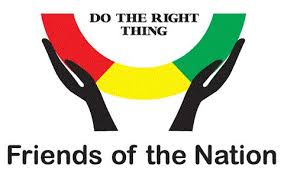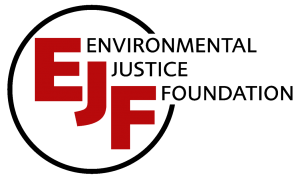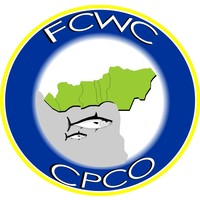IMPROVING FISHERIES GOVERNANCE IN GHANA AND THE WIDER SUB REGION
Introduction
Fisheries provide livelihoods for over 2.7 million people in Ghana and play a critical role in national food security and the way of life of coastal communities. Decades of poor governance of the sector have resulted in fleet overcapacity and illegal fishing (by both artisanal and industrial sectors), driving over-exploitation and collapse of the fisheries resource, particularly, the small pelagic fishery which is the mainstay of over 100,000 artisanal fishers and constituted about 80% of catches of artisanal fishers over a decade ago.
Ghana has one of the largest domestic-flagged industrial trawl fleets in West Africa. Illegal fishing by these vessels poses a major threat to Ghana’s fisheries, and particularly the illegal transshipment of fish from industrial trawlers to specialized canoes at sea (known locally as “saiko”). These practices are pushing fish populations to the brink of collapse, particularly the small pelagics
Although Ghana has taken steps to improve transparency and sustainability in the management of its fisheries, there is much to be done. Urgent actions are needed in the short to medium term to address key governance weaknesses and avert the imminent collapse of Ghana’s fisheries.
The three-year” Improving Fisheries Governance in Ghana and the Wider Sub Region (IFG) project builds on gains made by recent interventions which have increased awareness of issues confronting the sector, driven reforms in areas such as co-management and set out actions towards recovery. It leverages on the good working relationship with regulators and stakeholders and exploit the improved role of fisher associations in fisheries governance.
The IFG project funded by the Oceans5 and Oak Foundation is implemented by a consortium of five not-for-profit Organizations namely, Hen Mpoano (HM), Friends of the Nation FoN, Environmental Justice Foundation (EJF), TMT and the Fisheries Committee for West and Central Gulf of Guinea (FCWC)
Objectives:
- Contribute to the reduction of IUU fishing in the trawl sector, particularly illegal catching and trans-shipment at the national and regional level.
- Improve transparency in fisheries management at the national and regional level.
- Support the implementation of science-based management regimes for small pelagic stocks at the national and regional level.
- Enhance governance and co-management regimes for fisheries at the national and regional level.
- Build political support for sustainable fisheries management and the fisheries transparency agenda at the national and regional level.
Expected Results
- Strengthened government and industry commitment to improve fisheries governance in the key policy areas of enhanced transparency, law enforcement, collaborative management, and capacity of key stakeholders in Ghana and the West African region
- Interventions at the national level will provide a learning platform for the sub-region for fisheries governance improvements and cooperation.
Partners
![]()

![]()




